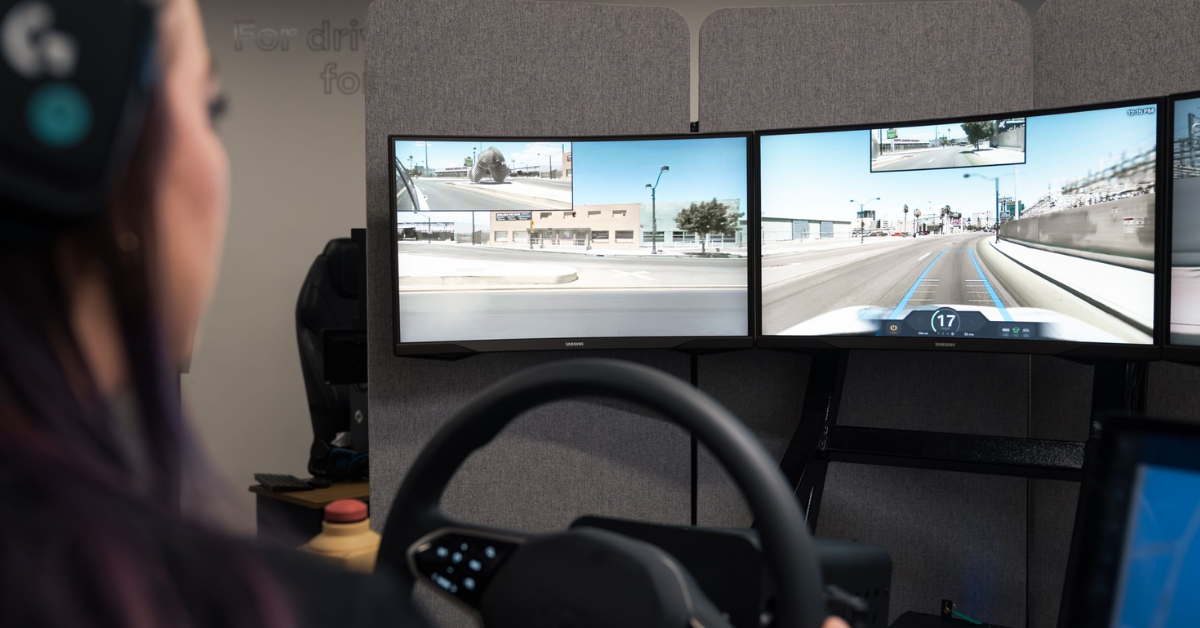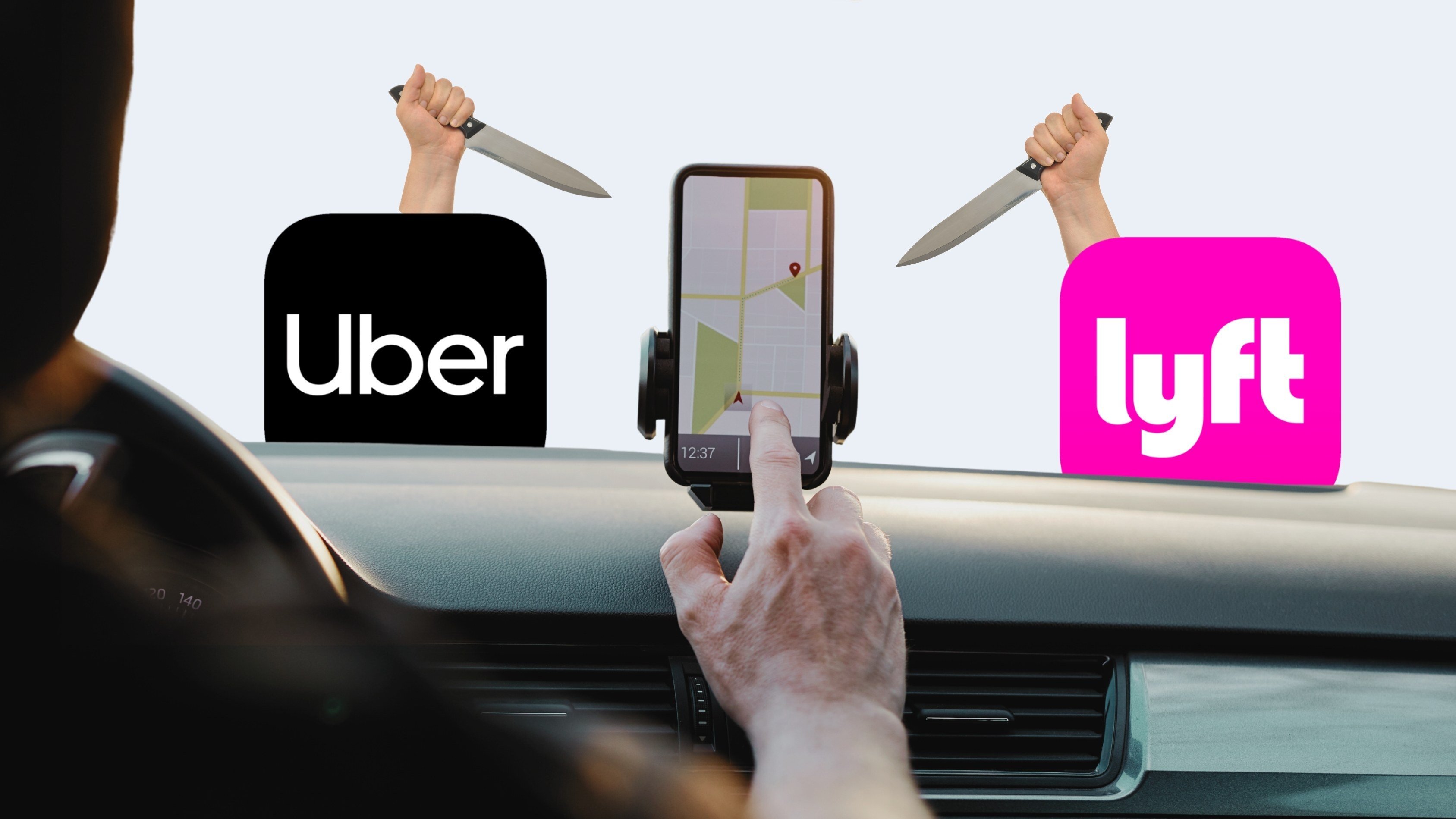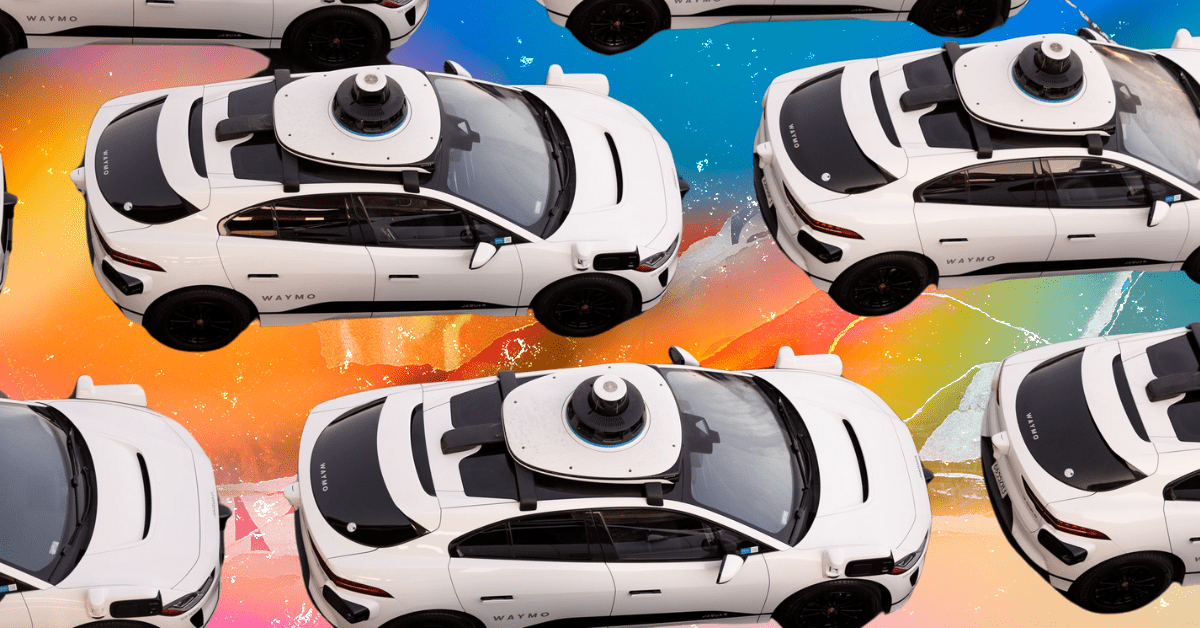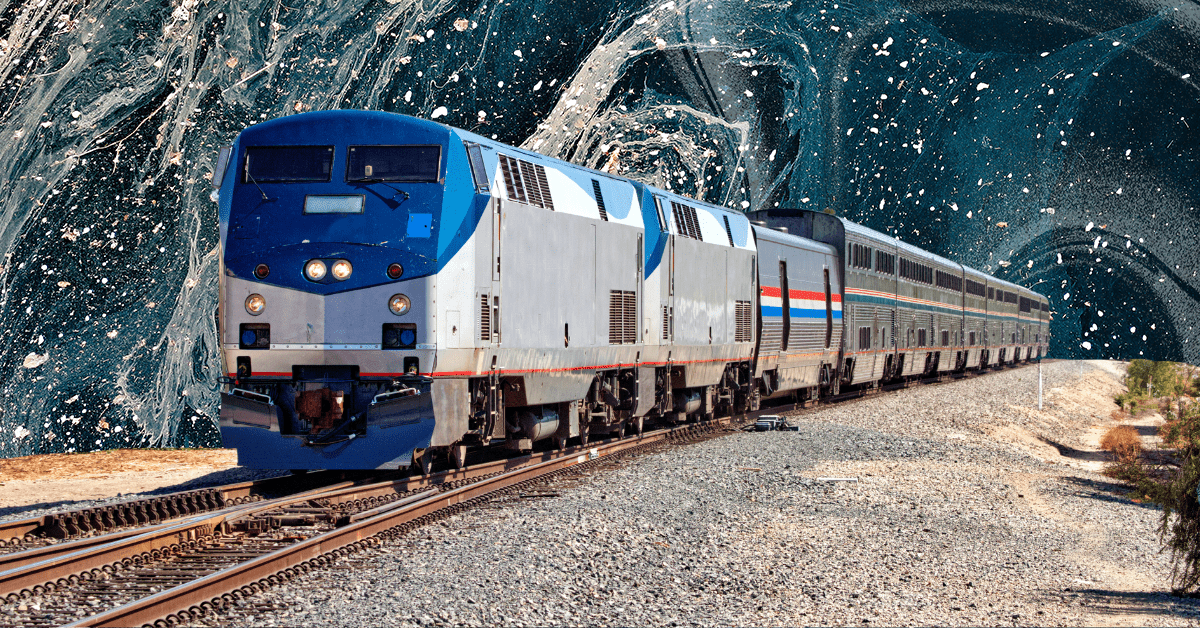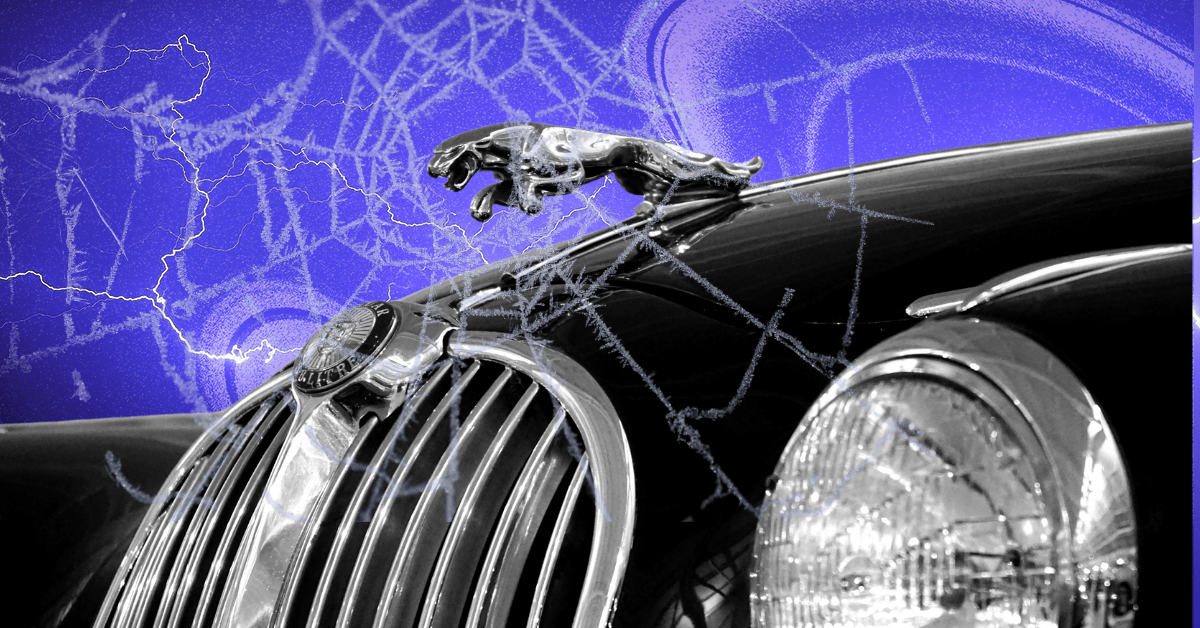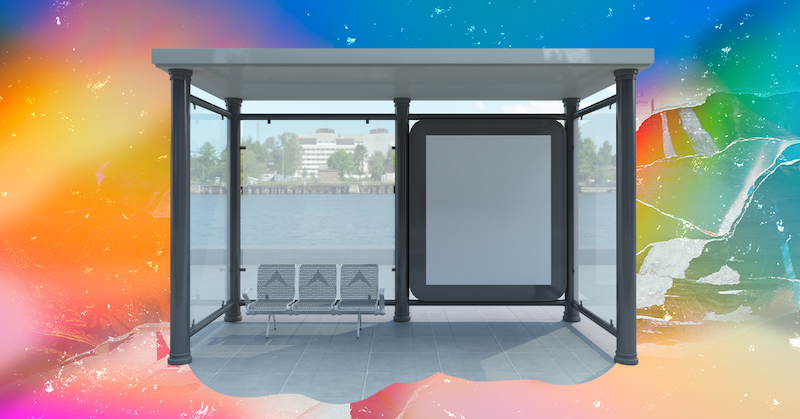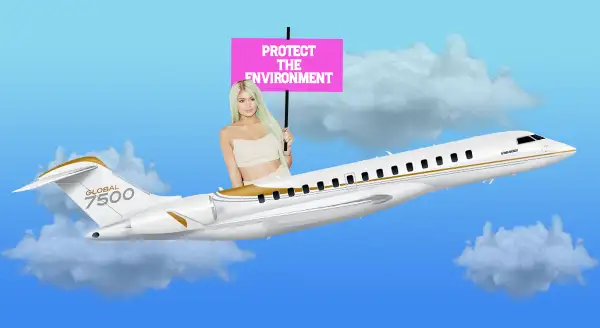In late May, the internet had a good laugh about how Uber “invented the bus” with the debut of Route Share — its new service that operates on “fixed routes and schedules with designated pick-up and drop-off locations.”
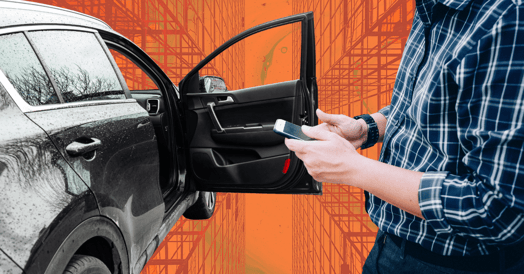
Yeah, not the most groundbreaking idea, but the goal, CEO Dara Khosrowshahi told The Verge, is “to reduce prices to the consumer and then help with congestion and the environment.”
But while it’s being promoted for its supposed public benefits, Kevin Shen, a researcher with the Union of Concerned Scientists, says the program might actually be contributing to the problems it claims to be alleviating, per Grist.
The environment angle
Uber claims it’s “in competition with personal car ownership,” not public transportation. However, a 2024 UC Davis study of three California cities found that 50%+ of ride-hailing trips actually replaced sustainable modes of transportation — like biking, walking, and public transportation — not personal cars. Plus:
- Rideshare services produce 69% more greenhouse gases than the trips they replace, according to a 2020 UCS report, largely due to “deadheading” (driving without a passenger) accounting for up to 40% of the miles Uber and Lyft drivers travel.
- That’s reduced through carpooling — Route Share accommodates up to three passengers per ride — though not by any significant measure compared to owning a car, the study found.
As for congestion…
… Shen told Grist that “if anything, “it’s reducing transit efficiency by gumming up those same routes with even more vehicles.” And unless you live exclusively within Uber’s ecosystem, the cost-savings don’t really add up either.
- One route in New York City covers three miles between Midtown and Lower Manhattan, takes ~30 minutes, and costs $13. Not bad for rush hour — unless, of course, you compare it to the three existing subway lines that run the same route and could get you there faster, and for just $2.90.
How it could help congestion, per the UC Davis study: by better connecting to public transit in low-demand areas, so as to complement it rather than compete with it.
But we wouldn’t count on that happening…
Uber, alas, is a multibillion-dollar company, not a nonprofit, and the type of green it’s chasing concerns its bottom line.
So, to recap: All-around slower commutes, no leaps forward for more sustainable cities, but one more transportation option… What a help.
Transportation

